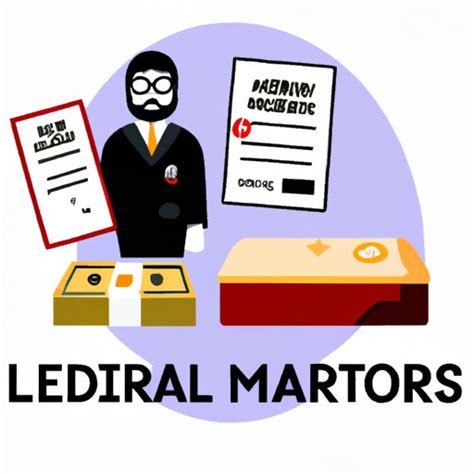As a mortician, your role is of paramount importance, encompassing a wide range of duties that ensure the respectful care and preparation of the deceased for their final resting place. Here’s an in-depth look into the essential job responsibilities of a mortician:

Preparation and Care of the Deceased
1. Embalming and Restoration
- Prepare the deceased for viewing by embalming and restoring their physical appearance.
- Inject fluids and chemicals to preserve the body, prevent decomposition, and enhance its natural color.
- Repair and conceal wounds or injuries, if necessary.
2. Dressing and Casket Preparation
- Dress the deceased in clothing selected by the family and place them in a casket.
- Line the casket and arrange any personal belongings or mementos as requested.
3. Refrigeration and Storage
- Store the deceased in refrigerated facilities to maintain a cool temperature and slow down decomposition.
- Monitor the condition of the body and make adjustments as needed.
Funeral Planning and Coordination
4. Family Communication
- Meet with family members to discuss their wishes and preferences regarding funeral arrangements.
- Guide them through the selection of services, caskets, and other burial or cremation options.
5. Funeral Coordination
- Coordinate the details of the funeral service, including the location, time, and attendees.
- Liaise with clergy, cemetery staff, and other vendors to ensure a smooth and respectful service.
6. Transportation
- Transport the deceased from the place of death to the funeral home and cemetery or crematorium.
- Handle the logistics of transporting the body with dignity and compassion.
Legal and Administrative Tasks
7. Certification and Documentation
- Complete death certificates, cremation authorizations, and other legal documents required by law.
- Comply with all applicable regulations and maintain accurate records.
8. Grief Support
- Provide emotional support and guidance to family members grieving the loss of their loved one.
- Offer resources and connect them with support groups or counselors.
Common Mistakes to Avoid
- Lack of Compassion: Treating families or the deceased with indifference or disrespect.
- Poor Communication: Failing to clearly communicate funeral details or address concerns.
- Errors in Documentation: Making mistakes in death certificates or other legal documents.
- Unsanitary Practices: Not maintaining proper hygiene or cleanliness in the preparation process.
Why Mortician Job Duties Matter
Morticians play a crucial role in providing solace and closure to grieving families. Their expertise and attention to detail ensure that the deceased are treated with dignity and respect, allowing loved ones to say their final farewells in a meaningful way.
Benefits of Being a Mortician
- Job Security: The demand for morticians remains constant due to the inevitable nature of death.
- Personal Fulfillment: Helping families cope with loss and create meaningful memorials.
- Competitive Salary: Morticians earn a competitive salary, with an average annual income of $59,480 (U.S. Bureau of Labor Statistics).
FAQs
-
What is the difference between a mortician and a funeral director?
Morticians focus on the physical care and preparation of the deceased, while funeral directors handle the planning and coordination of funeral services. -
Is mortuary science a difficult field to study?
Mortuary science programs typically require two years of specialized education and training, including anatomy, pathology, and funeral service management. -
Can anyone become a mortician?
To become a licensed mortician, you must typically complete a mortuary science program and pass national and state exams. -
Is it emotionally difficult to work as a mortician?
While morticians must develop emotional resilience, they also find solace in supporting grieving families and creating meaningful memorials for the deceased. -
What are the career prospects for morticians?
Morticians can advance their careers by pursuing leadership roles in funeral homes or crematoriums, or specializing in specific areas such as grief counseling or forensic pathology. -
How can I find job opportunities as a mortician?
Job opportunities for morticians can be found through funeral home websites, job boards, and professional organizations such as the National Funeral Directors Association.
By fulfilling their job duties with compassion, professionalism, and attention to detail, morticians play a vital role in the grieving process, providing solace and closure to families during a difficult time.
